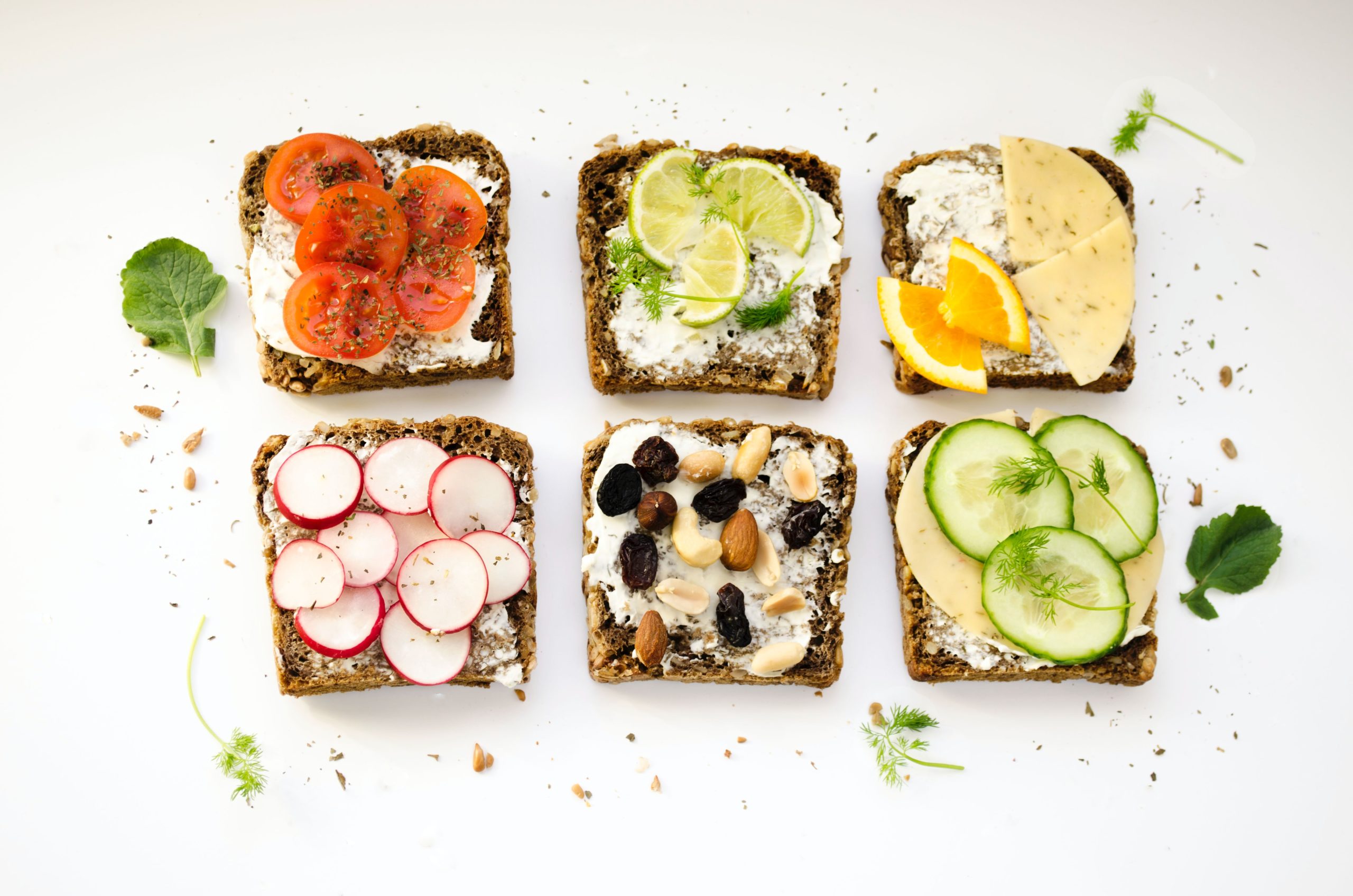We often hear that the foods we eat can play a role in our moods. Can certain foods really make us happier? While it is difficult to say that one food will directly make you happier, there is certainly evidence to support that adequate consumption of specific nutrients plays a role in mood regulation. Highlighted below are some nutrients essential for happiness along with some good mood foods boasting high amounts of those nutrients!
Folate (Vitamin B9)
This B vitamin is critical for regulating healthy moods as it serves as a building block for several “feel good” neurotransmitters including serotonin and dopamine. A 2004 study in the Journal of Clinical Psychiatry showed that patients low in folate have poor response to antidepressant medications and that supplementation with folate improves response to medication. Folate is found abundantly in dark leafy greens (remember this by thinking “Folate = Foliage”)! Try incorporating dark leafy greens into your diet daily. Consider adding spinach to a fruit smoothie, collard greens to soups and making kale salads.
Omega-3 fatty acids
Omega-3 fats are a type of anti-inflammatory polyunsaturated fatty acid (PUFA). The omega-3 fatty acids, eicospentaenoic acid (EPA) and docosahexaenoic acid (DHA) are responsible for improving symptoms of depression. A small 2005 trial published in the Journal of Clinical Psychiatry demonstrated that 1.5–2 grams of omega-3 fatty acids per day (provided in fish oil supplements) elevated mood in depressed patients. It is important to note that animal sources of omega-3 fats such as salmon and sardines provide more bang for their buck compared with plant sources like chia seeds and walnuts. This is because animal sources already contain EPA and DHA, while plant sources contain alpha-linolenic acid (ALA). The body must convert ALA to EPA and DHA to reap the benefits, which is not a very efficient process. Incorporate fish, seafood, whole eggs, grass-fed beef and grass-fed dairy to get more omega-3 fats into your diet.
Vitamin D
Also known as the sunshine vitamin, vitamin D plays an important role in keeping you happy. Several studies cited in a 2007 review article in the Medical Hypotheses journal noted the importance of adequate blood levels of vitamin D in depressed patients. Increasing blood levels to the optimal range of 50–80 ng/mL is shown to improve symptoms of depression. It is best to obtain vitamin D from foods such as salmon with skin and bones, fortified milk or non-dairy milks, or a supplement. Check with your doctor to see if you may need to supplement with vitamin D, and make sure you are taking the active form, vitamin D3 (cholecalciferol).
Zinc
Zinc is a trace mineral that has been studied to improve efficacy of antidepressant medications. A deficiency in zinc has been linked to increased depression symptoms as this mineral plays a role in regulation of neurotransmitters, specifically serotonin uptake in the brain. There is also noted to be a relationship between blood zinc levels and severity of depression. A 2003 placebo controlled study in the Polish Journal of Pharmacology and Pharmacy showed supplementation of zinc was helpful in treatment of depression along with medications. Food sources of zinc include oysters, beans, nuts and beef, all of which can be easily added to the diet to improve zinc status.
*Remember to always consult with your health care practitioner before starting any vitamin or mineral supplements as they may have interactions with some medications.
Related articles:
The Ultimate Guide To The Perfect Charcuterie Board
Turn Over A New Leaf With These Nutritious Lettuce Alternatives
Starbucks Welcomes The Pumpkin Spice Latte Back To The Menu
Simple Exercises To Encourage Hip Health
Why Do We Need Vitamin D, And How Do We Get It!

